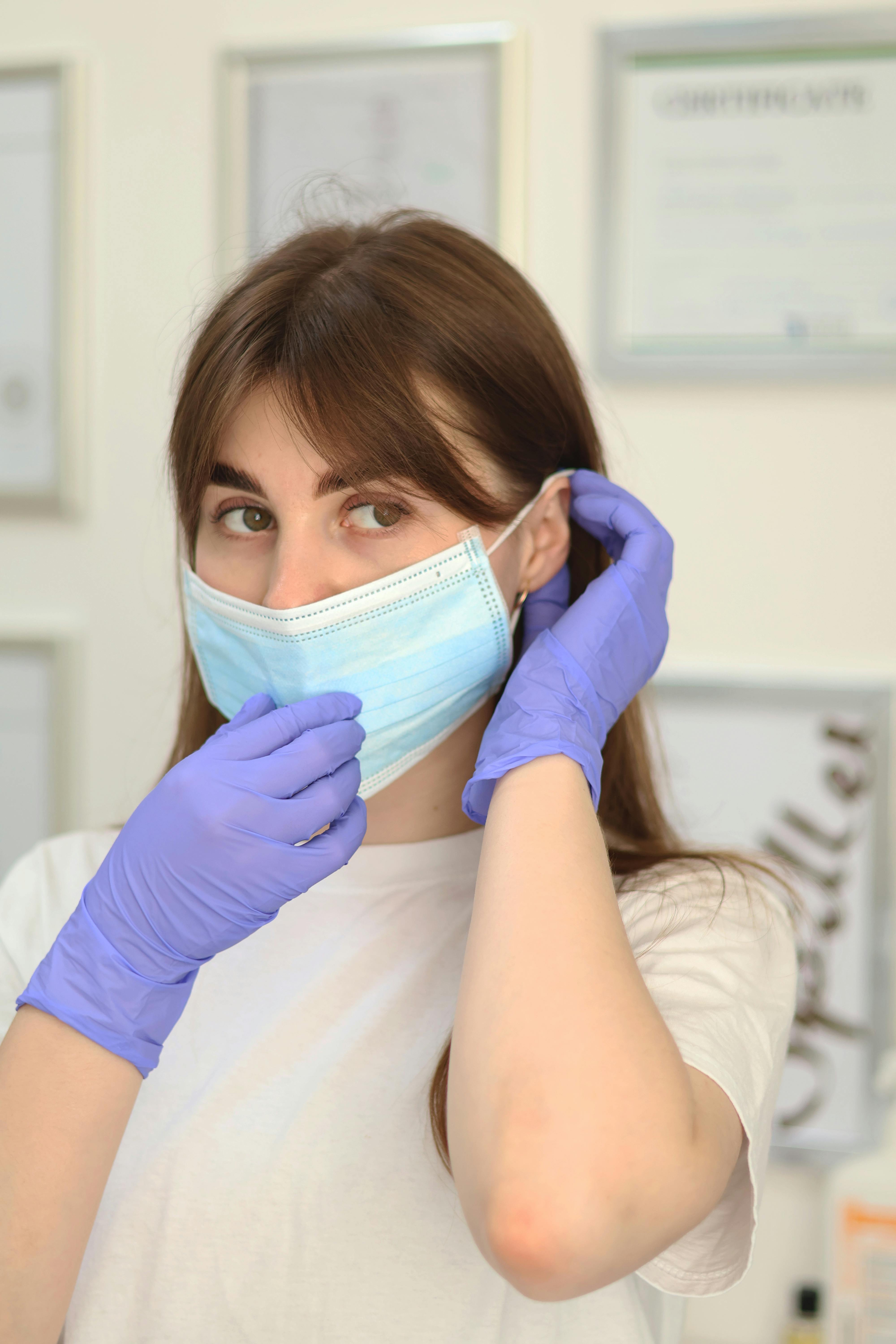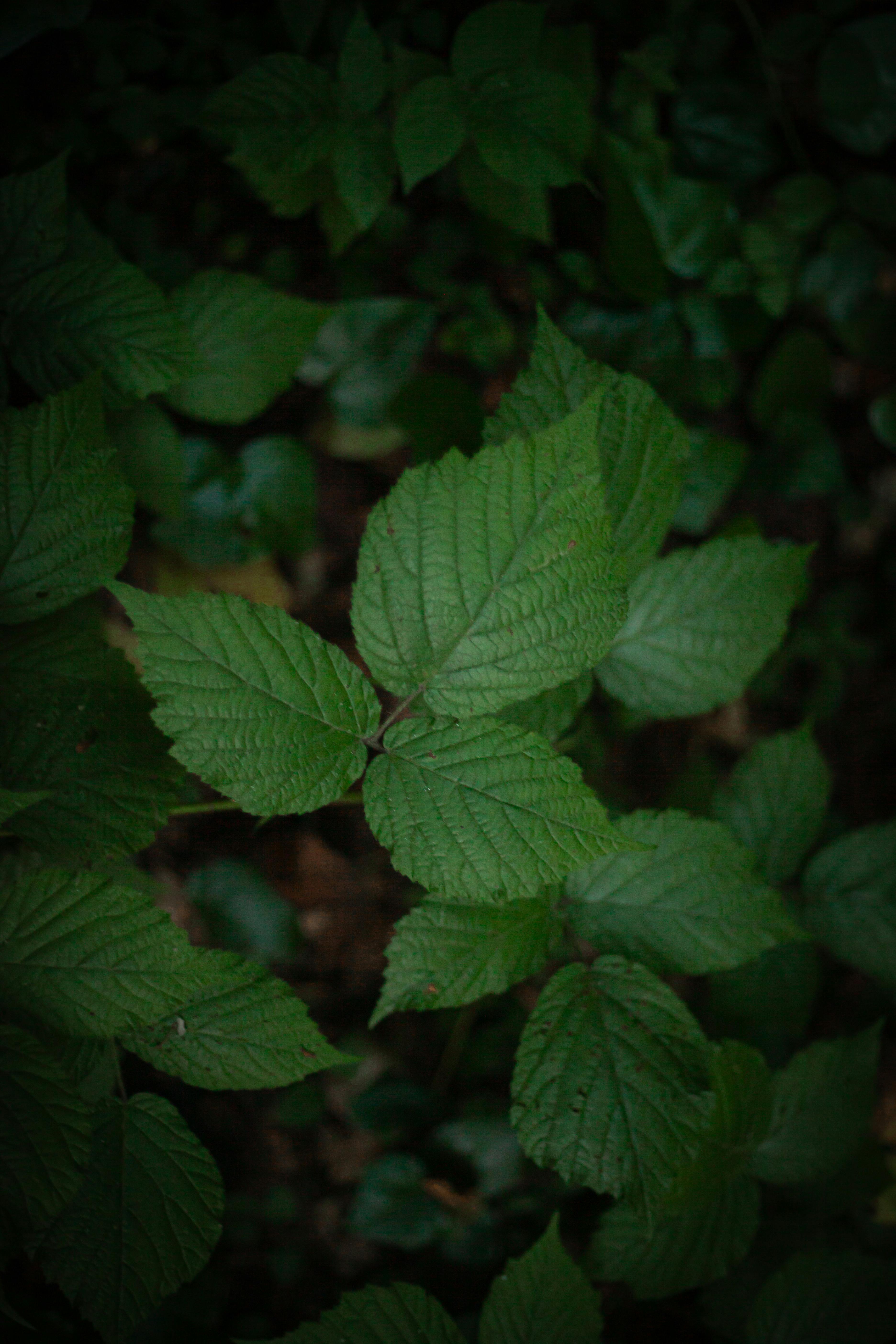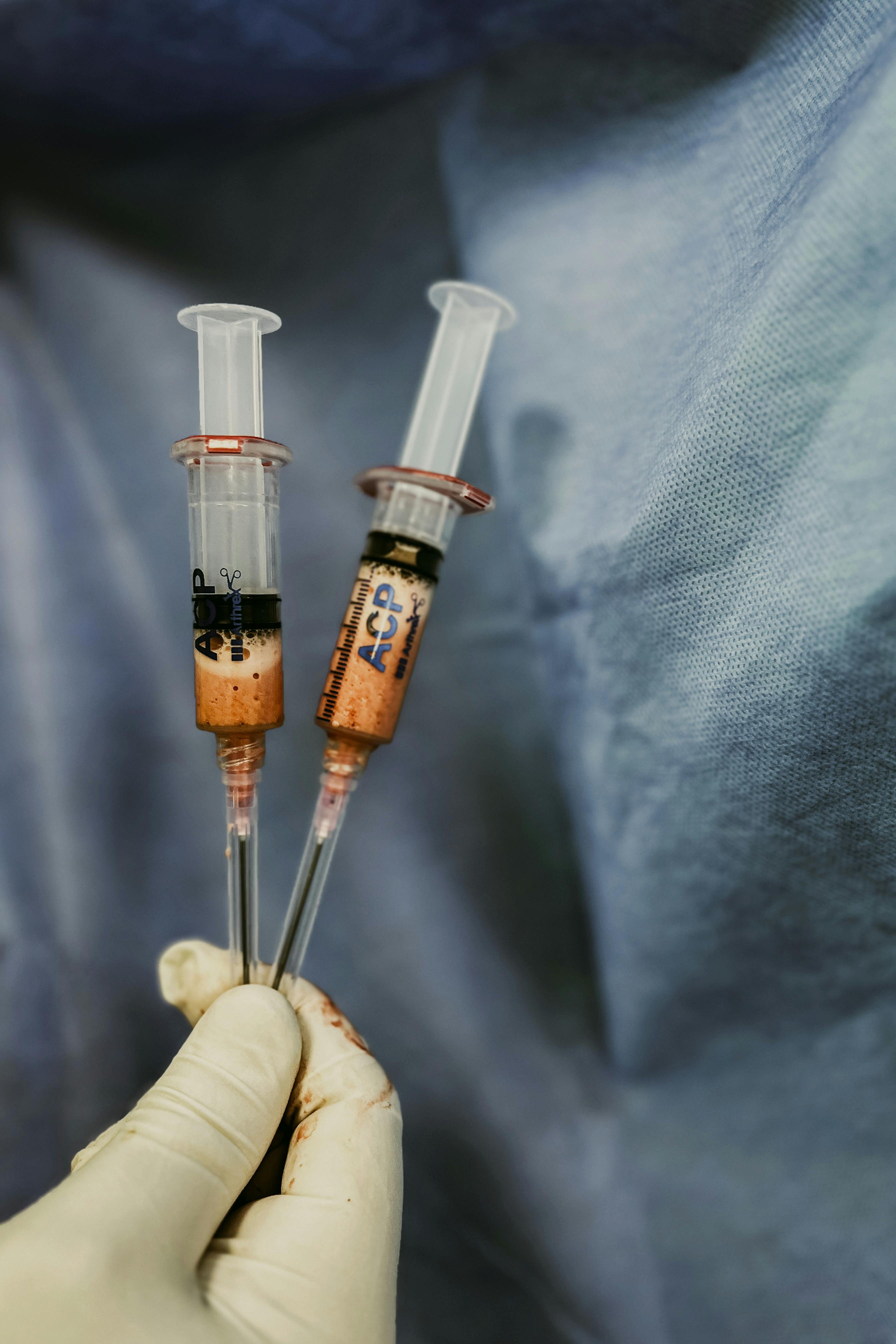You’re about to embark on a journey to explore the intricacies of Traditional Thai Medicine. This ancient holistic healing system, rooted in Thailand’s rich cultural heritage, goes beyond treating physical ailments and delves deep into balancing the mind, body, and spirit. Through a combination of herbal remedies, massage, and energy balancing techniques, Traditional Thai Medicine aims to restore harmony within the individual, fostering a sense of overall well-being. Get ready to discover the secrets of this traditional healing practice that has stood the test of time.
What is Traditional Thai Medicine?
Traditional Thai Medicine is a holistic healthcare system that has been practiced for centuries in Thailand. It is a comprehensive approach to medicine that incorporates various elements such as herbal medicine, massage therapy, energy pathways, and diagnosis techniques to promote well-being and balance in the body. The principles of Traditional Thai Medicine are deeply rooted in the belief that the body, mind, and spirit are interconnected, and that maintaining harmony within these aspects is essential for good health.
Definition
Traditional Thai Medicine encompasses a wide range of healing practices that are based on the concepts and principles of traditional Thai culture. It is a system of medicine that aims to restore balance and harmony within the body by addressing the root cause of illnesses and imbalances. This traditional system of medicine focuses not only on the physical aspects of health but also on emotional, mental, and spiritual well-being.
Origins
The origins of Traditional Thai Medicine can be traced back to ancient times, where it was influenced by traditional Chinese medicine, Ayurveda from India, and other indigenous healing systems. Over the centuries, Thai healers have developed their unique techniques, incorporating local herbs, massage, and energy work into their practice. Today, Traditional Thai Medicine continues to evolve and adapt to modern times while still preserving its ancient roots.
Fundamental Principles of Traditional Thai Medicine
Balance of Four Elements
One of the fundamental principles of Traditional Thai Medicine is the belief in the balance of four elements – earth, water, air, and fire. These elements correspond to different qualities and characteristics within the body and are believed to be interconnected. When these elements are in harmony, the body is considered to be in a state of good health. Imbalances in these elements can lead to various physical and mental ailments.
Energy Pathways (Sen Lines)
Another key principle of Traditional Thai Medicine is the concept of energy pathways, known as Sen lines. Similar to the concept of meridians in traditional Chinese medicine, Sen lines are believed to carry vital energy, or life force, throughout the body. Thai healers use techniques such as Thai massage and acupressure to stimulate and unblock these energy pathways, allowing for improved energy flow and overall well-being.
Internal Organs
Traditional Thai Medicine also emphasizes the importance of internal organs in maintaining health. Thai healers believe that each organ has its own unique energy and function, and imbalances or disturbances in these organs can lead to specific health issues. By addressing the health of the internal organs, traditional Thai healers aim to restore balance and promote optimal health.
Herbal Medicine
Herbal medicine plays a significant role in Traditional Thai Medicine. Thai healers have a deep knowledge of local plants and their medicinal properties. They use a wide variety of herbs and natural remedies to treat various ailments and promote overall well-being. Herbal medicine is often used in the form of herbal remedies, compresses, and dietary supplements.

Traditional Thai Medicine Practices
Thai Massage
One of the most well-known practices of Traditional Thai Medicine is Thai massage. It is a unique form of massage that combines acupressure, stretching, and yoga-like movements. Thai massage is performed on a mat on the floor, with the client fully clothed. The practitioner uses their hands, elbows, knees, and feet to apply pressure and manipulate the body. Thai massage is known for its therapeutic benefits, promoting relaxation, improved circulation, flexibility, and energy flow.
Herbal Compresses
Herbal compresses, also known as Luk Pra Kob, are another popular practice in Traditional Thai Medicine. These compresses are created using a blend of herbs, including ginger, lemongrass, and turmeric, among others. The compresses are steamed and then applied to the body to promote relaxation, relieve muscle tension, and enhance overall well-being. The heat from the compresses helps to open the pores and allow for the absorption of therapeutic herbal properties.
Cupping Therapy
Cupping therapy is a traditional healing technique that is commonly used in Traditional Thai Medicine. It involves placing glass or plastic cups on specific areas of the body to create suction. The suction promotes blood flow, relieves muscle tension, and helps to stimulate the body’s natural healing processes. Cupping therapy is often used to treat musculoskeletal conditions, respiratory issues, and detoxification.
Scrapping (Guasha)
Scrapping, also known as Guasha, is a practice that involves using a smooth-edged tool to scrape the skin gently. This technique helps to release muscle tension, improve circulation, and promote overall well-being. The scraping action helps to stimulate blood flow and remove toxins from the body. Scrapping is commonly used to treat conditions such as muscle pain, headaches, and respiratory issues.
Moxibustion
Moxibustion is a technique that involves burning dried mugwort, a type of herb, near specific acupuncture points on the body. The heat from the burning herb stimulates these points and promotes healing and balance within the body. Moxibustion is often used to treat conditions such as cold and flu symptoms, digestive issues, and menstrual disorders.
Traditional Thai Diagnosis Techniques
Palpation
Palpation is a diagnostic technique used in Traditional Thai Medicine to assess the condition and health of various organs and tissues within the body. Through gentle touch and pressure, the practitioner can detect imbalances, abnormalities, or areas of tenderness. Palpation is commonly used to diagnose musculoskeletal issues, digestive disorders, and reproductive health concerns.
Pulse Diagnosis
Pulse diagnosis is another diagnostic technique used in Traditional Thai Medicine. Thai healers assess the quality, rhythm, and strength of the pulse to determine the overall health of the body and identify any imbalances or blockages. Pulse diagnosis is a subtle and skilled technique that requires years of training and experience.
Urine Examination
Urine examination is a diagnostic tool that has been used in Traditional Thai Medicine for centuries. By observing the color, odor, and texture of the urine, Thai healers can gain insights into the state of the body’s internal organs and overall well-being. Urine examination is used to detect imbalances, toxins, and other health issues.

Traditional Thai Herbal Medicine
Herbal Remedies
Herbal remedies are an integral part of Traditional Thai Medicine. Thai healers use a wide variety of herbs and plants to create remedies that are tailored to individual needs and health conditions. These remedies can take various forms, including teas, powders, capsules, and oils. Thai herbal remedies are known for their natural healing properties and are used to treat a wide range of ailments, from minor ailments to chronic conditions.
Dosage and Preparation
The dosage and preparation of herbal medicine in Traditional Thai Medicine are carefully considered and individualized. Thai healers have a deep understanding of the potency and effects of different herbs and ensure that herbs are prepared and used in the correct manner. The dosage and preparation methods are based on factors such as the individual’s constitution, specific health conditions, and the desired therapeutic effect.
Traditional Thai Healers
Roles of Traditional Thai Healers
Traditional Thai healers, known as Ruesi, play a crucial role in the practice of Traditional Thai Medicine. They are highly respected members of the community who possess knowledge and skills in herbal medicine, massage therapy, energy work, and diagnosis techniques. Traditional Thai healers not only provide healthcare but also act as educators, sharing their wisdom and expertise with others.
Training and Apprenticeship
Becoming a traditional Thai healer requires years of training and apprenticeship. Traditional Thai healers learn from experienced practitioners and undergo rigorous training to master the various techniques and principles of Traditional Thai Medicine. This training includes hands-on practice, theoretical study, and a deep understanding of Thai culture, tradition, and spirituality.

Application of Traditional Thai Medicine
Treatment of Physical Ailments
Traditional Thai Medicine is widely used in Thailand for the treatment of various physical ailments. It is particularly effective in treating musculoskeletal issues, such as back pain, joint pain, and muscle tension. Thai massage, herbal remedies, and other traditional therapies are used to promote pain relief, relaxation, and overall healing.
Preventive Healthcare
In addition to treating ailments, Traditional Thai Medicine also emphasizes the importance of preventive healthcare. Thai healers believe that maintaining balance and harmony within the body can help prevent illness and promote overall well-being. Practices such as Thai massage, herbal medicine, and energy work are used to support the body’s natural healing processes and boost the immune system.
Holistic Approach
Traditional Thai Medicine takes a holistic approach to healthcare, considering the body, mind, and spirit as interconnected aspects of health. Thai healers aim to address the root cause of imbalances and illnesses rather than just treating symptoms. By considering all aspects of a person’s well-being, including physical, emotional, mental, and spiritual health, traditional Thai medicine provides a comprehensive approach to healing and wellness.
Integration with Modern Medicine
Medicinal Practices
Traditional Thai Medicine and modern medicine can complement each other in the treatment of various conditions. Many herbal remedies used in Traditional Thai Medicine have been scientifically studied and found to have medicinal properties. In some cases, conventional medical treatments and traditional Thai therapies can be used in conjunction to enhance effectiveness and promote healing.
Collaboration with Western Medicine
There is an increasing recognition of the value and benefits of Traditional Thai Medicine in the healthcare field. In Thailand, efforts are being made to integrate traditional practices into mainstream healthcare systems and collaborate with Western medicine. This collaboration allows for a more comprehensive and holistic approach to patient care, combining the strengths of both traditional and modern medicine.
Research and Scientific Studies
Traditional Thai Medicine is gradually gaining recognition and interest from the scientific community. Research studies are being conducted to explore the efficacy, safety, and mechanisms of action behind traditional Thai therapies and herbal medicine. These studies contribute to the growing body of scientific knowledge and help validate the effectiveness of Traditional Thai Medicine.

Traditional Thai Medicine and Thai Culture
Historical Significance
Traditional Thai Medicine has a rich historical significance in Thai culture. It is deeply rooted in the traditional knowledge, customs, and beliefs of the Thai people. The practice of Traditional Thai Medicine has been passed down through generations, preserving ancient wisdom and cultural heritage.
Role in Thai Society and Culture
Traditional Thai Medicine is an integral part of Thai society and culture. Thai people have a strong belief in the power of nature, herbal medicine, and traditional healing practices. Traditional Thai healers are highly respected members of the community and play an important role in the healthcare system. Thai people often turn to traditional medicine as a first-line treatment for various ailments or as a complement to modern medical care.
Challenges and Future Outlook
Lack of Standardization
One of the challenges faced by Traditional Thai Medicine is the lack of standardization. With various healing practices and techniques being passed down orally, there is a need for a more formalized and standardized approach to training and practice. Efforts are being made to establish guidelines and regulations to ensure the quality and safety of traditional Thai therapies.
Recognition and Regulation
Traditional Thai Medicine is not universally recognized or regulated in the same way as modern medicine. There are ongoing efforts to promote recognition and regulation of traditional practices to ensure the integrity and safety of traditional Thai medicine. This includes the establishment of licensing and certification processes for traditional healers and the integration of traditional practices into mainstream healthcare systems.
Preservation and Promotion
As modern medicine continues to advance, the traditional practices and knowledge of Traditional Thai Medicine risk being lost or forgotten. Efforts are being made to preserve and promote traditional practices through educational programs, research, and cultural initiatives. This helps to ensure that the wisdom and traditions of Traditional Thai Medicine are continued for future generations.
In conclusion, Traditional Thai Medicine is a holistic healthcare system that encompasses a wide range of practices rooted in ancient Thai culture. Its fundamental principles, such as the balance of four elements, energy pathways, and emphasis on herbal medicine, contribute to a comprehensive approach to healing and well-being. Traditional Thai Medicine offers various therapies, diagnostic techniques, and herbal remedies, providing treatment for physical ailments, preventive healthcare, and a holistic approach to healing. Integration with modern medicine, recognition of its cultural significance, and addressing challenges such as lack of standardization are key to the future preservation and promotion of Traditional Thai Medicine.

